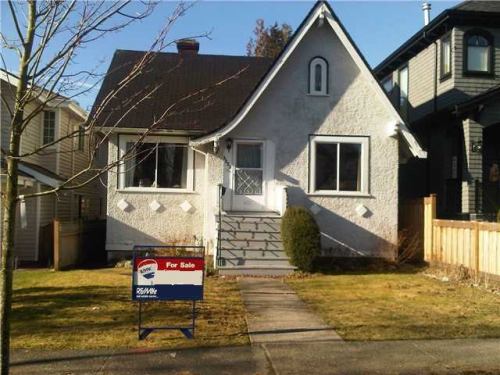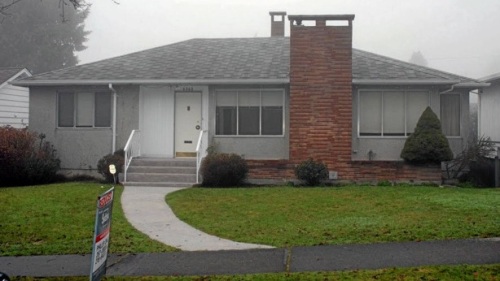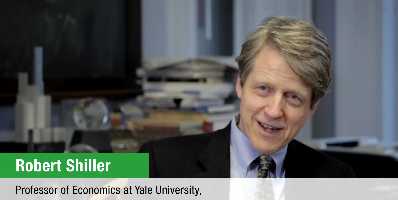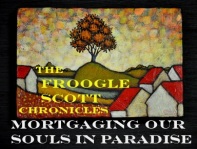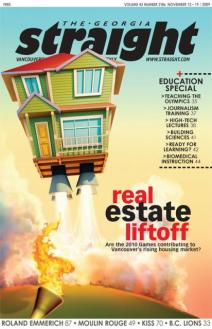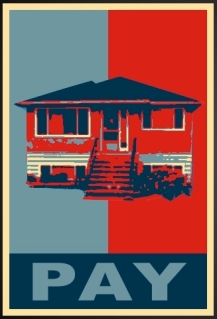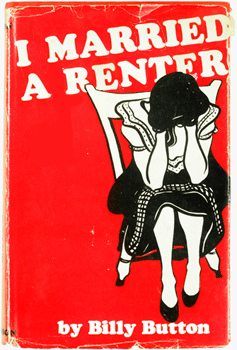UBC hosted a ‘Housing Action Plan Forum’ today, 18 Jan 2012. The purpose was to “focus on faculty/staff housing, provide an “early look” at the options being explored and give an opportunity for participants to ask questions and provide feedback about key issues related to the options.”
‘Anonymous UBC Professor’, who attended this event, was very kind to send along this point-form summary of the proceedings:
————————————
Statements by Prof. Nassif Ghoussoub
– Board has approved densification of the campus “to remedy the housing problem”
– The housing situation keeps getting worse, not for real estate tycoons, but for colleagues
– Property assessment have increased 40% on west side. Increased perception of wealth, but doesn’t bode well for UBC.
– Problems in recruiting and retention. Cannot recruit heads, Canada Research Chairs, Canada Excellence Research Chairs, due to housing problems.
– Staff have problems too.
– What have we done?
– Ask for input – Discussion Forums – Talk to deans
– Blog – Visited universities with similar challenges (NYC, Columbia, Harvard, Irvine, …). Inquired at Stanford, Cambridge, Oxford. They are WAY ahead. Their bread and butter is competitive hiring.
– Next steps – Discussion paper, ready by the end of March.
——————————
Presentation by Lisa Colby
– Work done – Reviewed data from housing demand studies
Current
– Faculty & Staff rentals
– 550 units (obviously more needed)
– Claim 20% below market rent
– Leasehold
– Claim 10-20% below cost
– Prepaid to avoid developers marketing cost.
– Do not have to sell to faculty/staff (benefits to 1st gen buyers)
– This is on hold
– Financial assistance package
– $45k lump sum or interest free loan, or mortgage interest assistance
– Student housing: 8500 beds, increasing roughly 500 per year
Current land use plan:
– 50% of new units must be university affiliated
– 20% rental (10% of which are non-market)
– Plan amendments allow for SMALLER units on campus
Claim: much of demographic is looking for studio 1 bedroom
[Remark: I doubt the accuracy of this statement.]
Claim: 60% of demographic don’t have kids or dependents
Here are various options for campus development going forward.
—————-
“Equity” Options
Options 1:
– 99 year leasehold, unrestricted growth
Option 2:
– Only for faculty and staff
– Intended 20% below market rate
Option 3:
– Only for faculty and staff
– Joint ownership & leasehold: own building, rent land
Option 4: Cohousing
– Large shared facilities (kitchen, dining room, etc.)
Option 5: Coop
– Only for faculty and staff
– Members purchase shares, no equity gains
– Perhaps of interest to renters who want a larger say in their building
————–
Rental Options
Option 1: Non-market rental
– Only for faculty and staff.
– 20% below market rents
– (More appealing if students are not allowed to rent)
Option 2: Non-profit rental
– Household income must be below $64k
– Below market rents, geared to incomes
Option 3: Market rates
– Quality & space are key factors
————-
Other options
– Priority access to housing options
– Potential financial assistance plan modifications:
– Extend to more employees
– Increased value
– On-campus purchase only?
– Claim: other universities that do this also give $30-$50k, so UBC is in the right ballpark.
Key considerations:
– Options should have enduring value that help future generations
—————————————-
Open-Mic Discussion
Someone from Faculty of Medicine:
– Much of the on-campus housing is obviously empty. It is immoral to allow the general public to buy on-campus housing.
– We need a community to make the campus interesting. The general public is an important part of that.
Lisa:
– Revenues from the general public are important to the academic mission. This goes to support student housing, scholarships, academic bursaries, research chairs, etc.
Carl Hansen, Asst Prof in Physics & Astronomy
– Came 2005. Could not afford anything. Now have 3 kids. Live in rental housing. Biggest apartment they’ve seen is 1000sqft.
– Have not been able to save money
– Housing prices have gone up 120% since then.
– Does 20% below market value make a difference? 1.5m and 1.8m are the same.
Lisa:
– Due to taxable benefit, 20% is the best we can do.
– Yes, it’s important to look at the range of sizes. There is less range than there should be.
Nassif:
– This is still under discussion. Your feedback is important.
Lior Silberman, Asst Prof in Math
– We don’t want “windfall programs” (i.e., co-development programs, advanced access programs)
– Waitlist for 3 bedrooms are several years (someone says 4 years)
– Don’t confuse demand with with “what is happening because what is available”
– The units are in the wrong market. There should be a “UBC-only market”.
– If the market was limited to us, the price would naturally be what we can pay.
Kera:
– Lisa asserted that people want amenities on campus. Housing survey from last year says 83% value amenities.
Anonymous:
– 2 kids
– Rental unit, 720 sqft
– “Faculty & Staff Housing” is really “Faculty housing”. Staff honestly cannot afford it.
– 50% of his paycheck goes to housing. What percentage should people pay off their paycheque to rent?
– 3% increase in rent. What is the justification?
– Loses sleep over this
– Renters are treated as second-class citizens.
Lisa:
– Definition of “affordability”: 30% of household income, assuming 10% downpayment, 5% interest over 25-year amortization. For renters, again 30% of household income.
– Reminds about below-market rental housing.
Don (CFO of some UBC housing group?):
– Market rent: 1000sqft, $2500/mo is typical for west side.
– We don’t want to go beyond the magical 20% discount that would trigger taxable benefits, that’s why we have to increase.
Lisa:
– Further explanation on taxable benefits: if the discount from market rent were greater than 20%, you’d have to pay tax.
Nassif:
– NYU, Irvine, Stanford, etc., all found ways around it. You see 40-50% subsidies there.
Eugene Barksy, Library:
– 20% discount is not enough.
Asst Prof in Faculty of Forestry:
– Came last year, father of 3
– $2200 for 1000sqft
– 46% of net income goes to rent
– Whether it’s 20 or 50% below market price, he cannot afford to buy, so he is stuck renting.
Andrew Patterson, PhD student in sociology:
– Has UBC lobbied city or province to control housing prices?
Lisa:
– We’re starting to engage with the city. No specifics at this point.
Bill Holmes, alumnus, lives in Hampton place. Income tax lawyer.
– Regarding taxable benefits, the 20% cutoff doesn’t make sense. Even if one received a 50% discount and paid tax on the 30%, you’d still come out way ahead.
– We haven’t heard how much money the board of governors is prepared to put into this.
Lisa:
– Financial assessment is not done. See the upcoming discussion paper. Their decision is partially
based on your feedback.
– There is not a firm line on 20%.
Nassif:
– We’re still computing the costs of the options.
– Our priorities are in competition with other priorities of the board.
– Market housing goes to our endowment.
Senior Faculty Member:
– We have lost out on many hiring cases.
– When bubble was not so bad, we lost CRC 1 chair to Alberta. [This was the first use of the word “bubble”.]
– We missed a candidate from Irvine.
– A hire from 2003 started applying for jobs, and we very nearly lost him due to the 7-year limit
for Financial Assistance Package.
Lisa:
– There are important tradeoffs between money from market housing to support academic mission.
– Tradeoff between faculty/staff and endowment.
Satish, Asst Prof in Computer Engineering:
– There are many universities which do not have land to support their endowment.
– Using land to support endowment is a very short-term plan.
– If we fail to attract faculty, the endowment is irrelevant as the land will go to the dogs.
– Harvard has $40B, which has nothing to do with their land.
– Faculty don’t even apply here. Why live in Vancouver when you can live in Austin and visit Vancouver every 2 months?
Kera:
– Claim that UBC was given this land specifically to support the endowment.
——————–
[Thanks ‘Anonymous UBC Professor’ – ed.]



